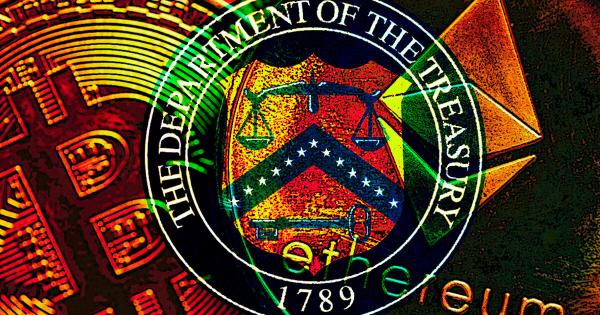
The CSOP Bitcoin Futures ETF has raked in $53.8 million while the CSOP Ether Futures ETF has collected $19.7 million in initial investments.
Crypto futures exchange-traded funds (ETFs) managed by CSOP Asset Management have raised $73.6 million in investments ahead of their listing on the Hong Kong stock exchange on Dec. 16.
In an announcement, the ETF issuer highlighted that its CSOP Bitcoin Futures ETF has raked in $53.8 million while the CSOP Ether Futures ETF has collected $19.7 million in initial investments. Both ETFs will be managed to invest in Bitcoin (BTC) and Ether (ETH) futures listed on the Chicago Mercantile Exchange to track the asset prices.
According to Tim McCourt, an executive at CME Group, the listing of the ETFs shows the “increasing client demand for exposure to Bitcoin and Ether.” McCourt noted that the introduction of the funds may create new opportunities for institutional and retail investors.
Yi Wang, an executive at CSOP, said in an interview with mainstream media outlet Reuters that trading the ETF has more safeguards compared to trading tokens in unregulated platforms. Wang explained that:
“As the ETFs do not invest in physical Bitcoin and are traded on regulated U.S. and Hong Kong exchanges, there are more regulatory safeguards for investors compared to tokens traded on unregulated platforms.”
The executive also mentioned that the developments relating to the two crypto futures ETFs highlight that Hong Kong is still open-minded when it comes to the development of virtual assets despite the “liquidity issues” affecting some crypto platforms.
Related: Institutional investors still eye crypto despite FTX collapse
On Oct. 31, 2022, the Hong Kong regulator Securities and Futures Commission (SFC) announced that it will be allowing listings of ETFs connected to Bitcoin and Ether futures. In a circular, the SFC laid out guidelines for ETF issuers, including having a good track record and three years of experience in managing ETFs.
Unlike China, Hong Kong seems to be aiming for the legalization of crypto trading. On Oct. 21, the special administrative region is considering the establishment of its own crypto bill, distinguishing itself from the approach of mainland China, where a blanket crypto ban is imposed.







